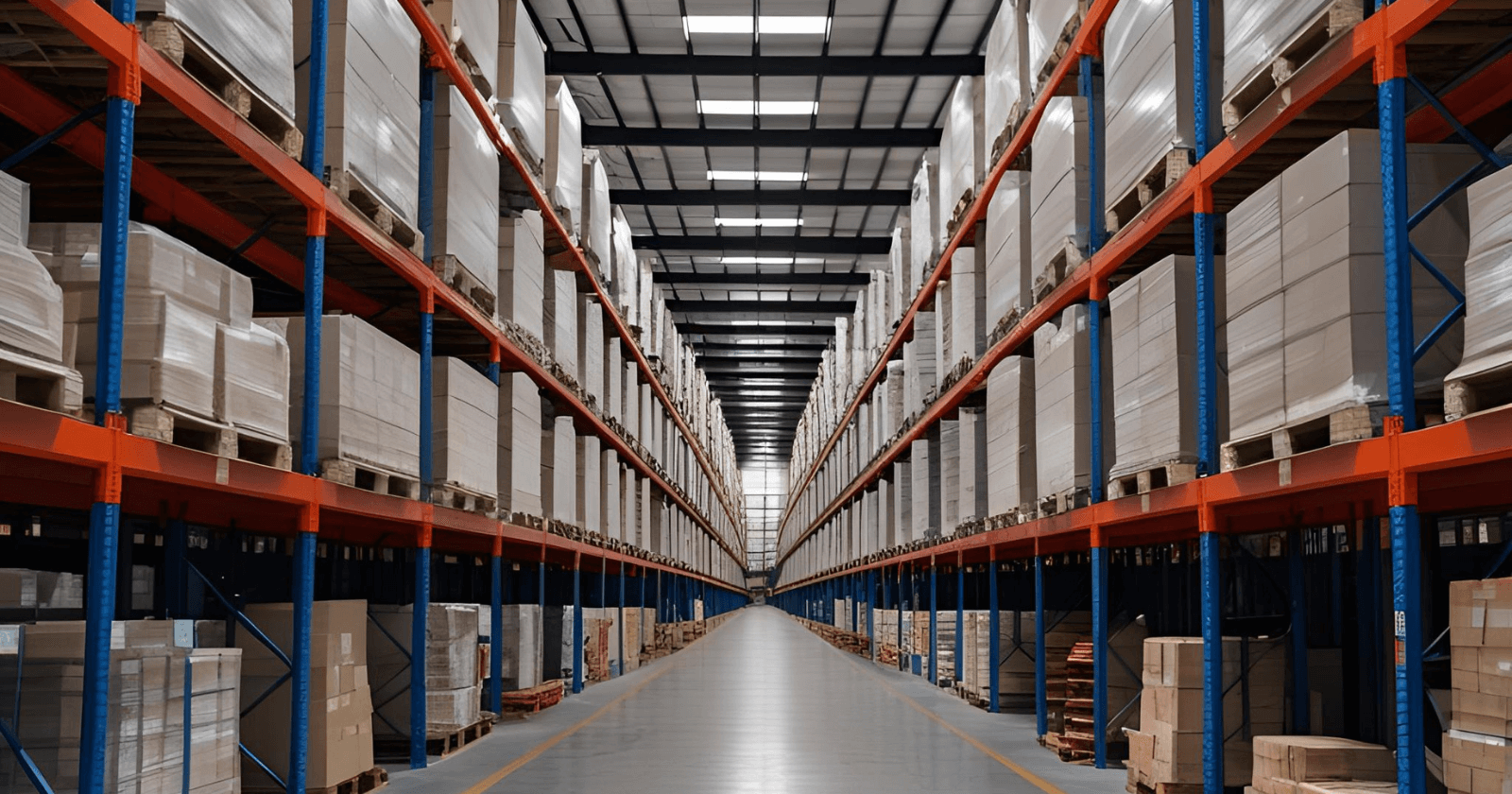
The technology we depend on daily is more powerful, compact and interconnected than ever before. But with that progress comes...

How Sur-Seal Uses This Strategic Tool to Help Customers Navigate Tariff Volatility
When tariffs change seemingly overnight, manufacturers are often left scrambling. Import costs can spike, budgets are disrupted and suddenly, sourcing strategies that made sense yesterday no longer work today. For procurement professionals and engineers alike, this unpredictability adds significant pressure to an already complex supply chain.
One of the most effective ways Sur-Seal helps customers manage tariff uncertainty is through a bonded warehouse, a solution that offers global manufacturers both financial and operational advantages.
A bonded warehouse is a secure facility regulated by U.S. Customs and Border Protection (CBP) where imported goods can be stored without immediately paying duties or tariffs. Payment is deferred until the goods leave the warehouse and enter the U.S. market, or avoided altogether if the goods are exported to another country.
Sur-Seal implemented its bonded warehouse not as a reactive measure, but with foresight, recognizing years ago that duty drawbacks were too slow and inefficient. While many companies are only now realizing the need for tariff mitigation, we already have infrastructure in place.
If imported materials are sold to customers outside the U.S. (for example, to a manufacturing facility in Mexico or Canada), Sur-Seal can legally avoid paying tariffs on those items. This is especially valuable for global OEMs sourcing from China or other tariff-affected regions. If the goods are not materially transformed, they can flow through our bonded warehouse and ship internationally without triggering tariffs.
Unlike duty drawback programs, which can take years to process, bonded warehouses eliminate the need to pay tariffs up front. This improves working capital and allows customers to operate with greater financial flexibility.
Rather than ship goods to multiple countries directly, customers can consolidate freight into one shipment to our bonded warehouse. From there, materials can be distributed as needed, improving transportation costs, inventory control and forecasting accuracy.
Sur-Seal maintains four months of inventory across its pipeline for top customers. This allows multinational operations to draw on stock as demand shifts, without the lead times or delays associated with re-importing materials. Even if the product is not immediately used, it can be held in bond until needed, keeping tariff exposure low and delivery responsiveness high.
Bonded warehouses offer more than financial relief; they preserve sourcing flexibility. Engineers can continue specifying global suppliers without being locked into tariff-heavy contracts. Sur-Seal works with vendors across Asia, Europe and North America and can flow goods through the bonded warehouse depending on the country of origin and end destination, giving procurement teams more options.
In 2024 and 2025, U.S. tariffs on certain imports from China rose dramatically, with some categories seeing duty rates as high as 170%. For customers operating internationally or manufacturing in tariff-affected zones, a bonded warehouse can be the difference between absorbing a massive cost increase or maintaining business as usual.
Sur-Seal’s bonded warehouse is more than a logistics asset—it’s a strategic advantage. Few suppliers have taken the initiative to build this infrastructure. We did and continue to refine it in partnership with customers who want supply chain resilience—no surprises.
Ready to Rethink Your Tariff Strategy? If you’re navigating tariff pressures and your current supplier isn’t offering bonded warehousing or alternative sourcing strategies, it’s time to talk to Sur-Seal.
Contact our team today to discuss how we can help protect your supply chain and improve your bottom line.